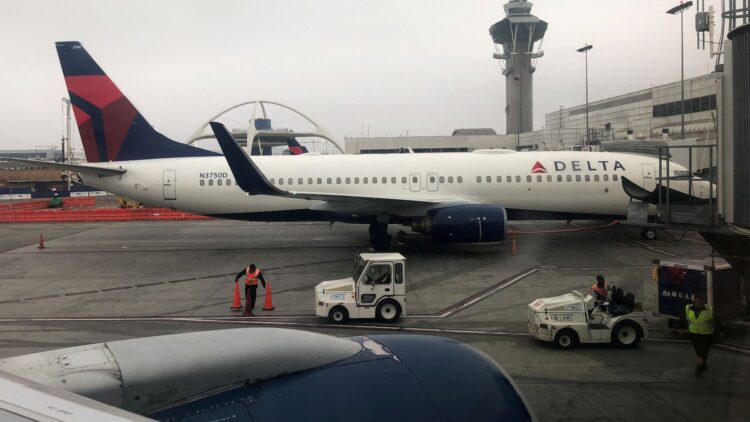Have you ever thought that maybe AI can be used to set prices, be it for flights or generally in business? Well, as much as Delta and other organisations are refusing, in the end, it could all come to that. One of the most volatile markets in terms of cost is air travel, which was once considered a luxury but is now a need for many. Even in the absence of clear shifts in demand, a ticket’s price could fluctuate from a few hundred dollars one day to a considerable increase the next. The extent of AI’s control over customer experiences is a legitimate concern as it gets more integrated into company systems.
Delta Air Lines has strongly refused the use of AI to set personalised ticket prices
Delta Air Lines DAL.N said on Friday it will not use artificial intelligence to set personalised ticket prices for passengers after facing sharp criticism from U.S. lawmakers and broad public concern. Last week, Democratic Senators Ruben Gallego, Mark Warner and Richard Blumenthal said they believed the Atlanta-based airline would use AI to set individual prices, which would “likely mean fare price increases up to each consumer’s personal ‘pain point’.”
Delta said it has not used AI to set personalised prices but previously said it plans to deploy AI-based revenue management technology across 20% of its domestic network by the end of 2025 in partnership with Fetcherr, an AI pricing company. So there is a chance this could actually happen. Delta told the senators in a letter on Friday, seen by Reuters,
“There is no fare product Delta has ever used, is testing or plans to use that targets customers with individualized prices based on personal data. Our ticket pricing never takes into account personal data.”
Lawmakers demand clarification from Delta over AI-driven fare setting
Senators praised Delta’s commitment not to use AI for personal pricing but expressed many questions and want more details about what data Delta is collecting to set prices. Gallego said,
“Delta is telling their investors one thing, and then turning around and telling the public another. f Delta is in fact using aggregated instead of individualized data, that is welcome news.”
Delta declined to comment on Gallego’s statement. The senators cited a comment in December by Delta President Glen Hauenstein that the carrier’s AI price-setting technology is capable of setting fares based on a prediction of “the amount people are willing to pay for the premium products related to the base fares.” Last week, American Airlines AAL.O CEO Robert Isom said using AI to set ticket prices could hurt consumer trust.
Who has the power in the sky: Lawmakers, tourists, or technologists?
Congress’s line of inquiry underscores a larger concern about the speed at which AI is being incorporated into routine operations. When technology starts to make important decisions, lawmakers are questioning whether airlines, or any other corporation, can be relied upon to self-regulate. The stakes are direct and personal when it comes to airfare, and adding to that, AI chatbots easily spread health falsehoods.
When purchasing tickets, customers want to know the reasons behind price changes and be sure they aren’t being taken advantage of by an invisible system. Just like with health, authentic information is needed because AI is often inaccurate or can source false information from the internet. There is also another AI issue being reviewed where the U.N. report urged an urgent rollout of AI deepfake detection tools to help counter growing risks of election interference and financial fraud. “Technology like AI promises to streamline the process by which we analyse existing data, and the speed and scale.
GCN.com/Reuters.


